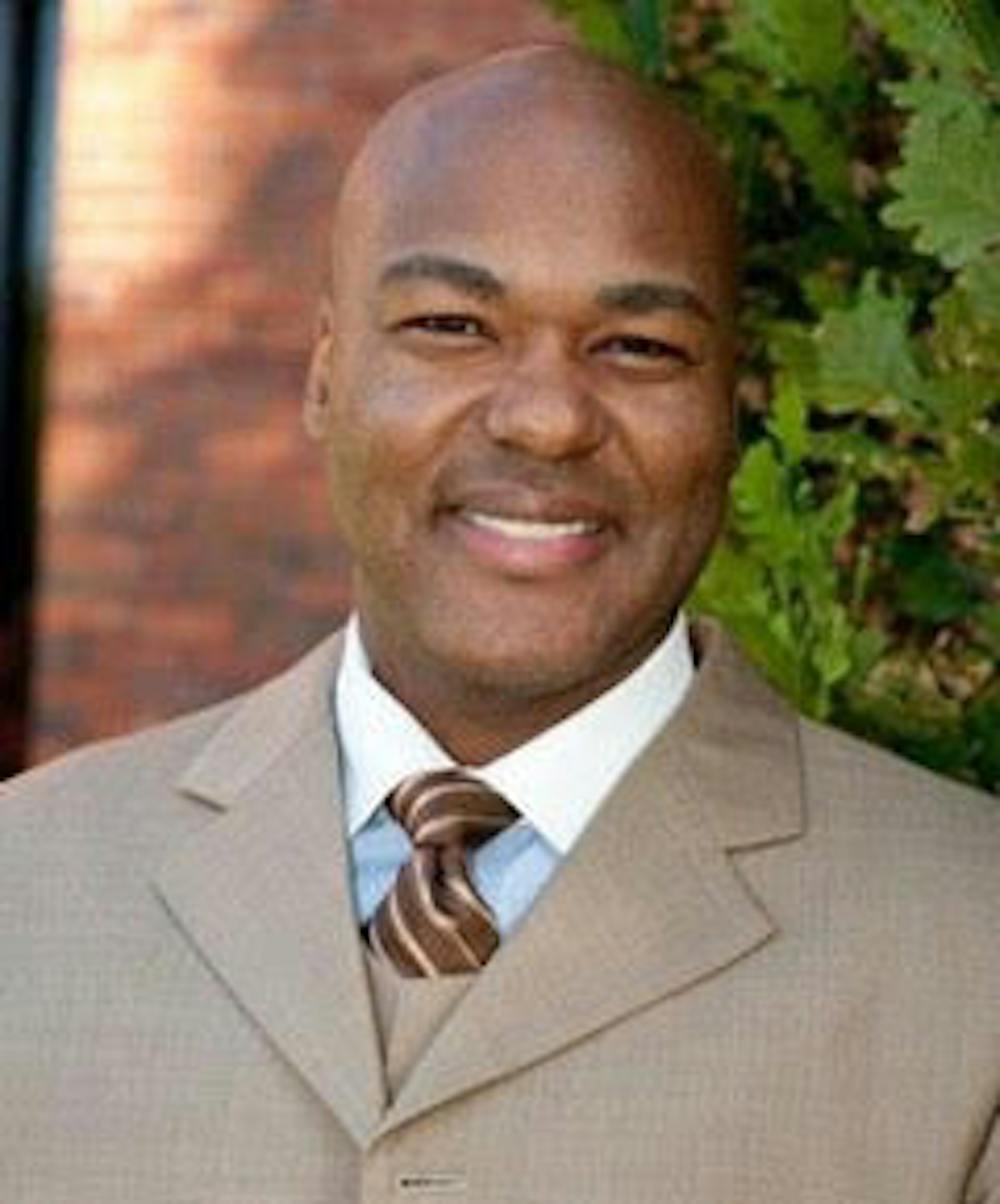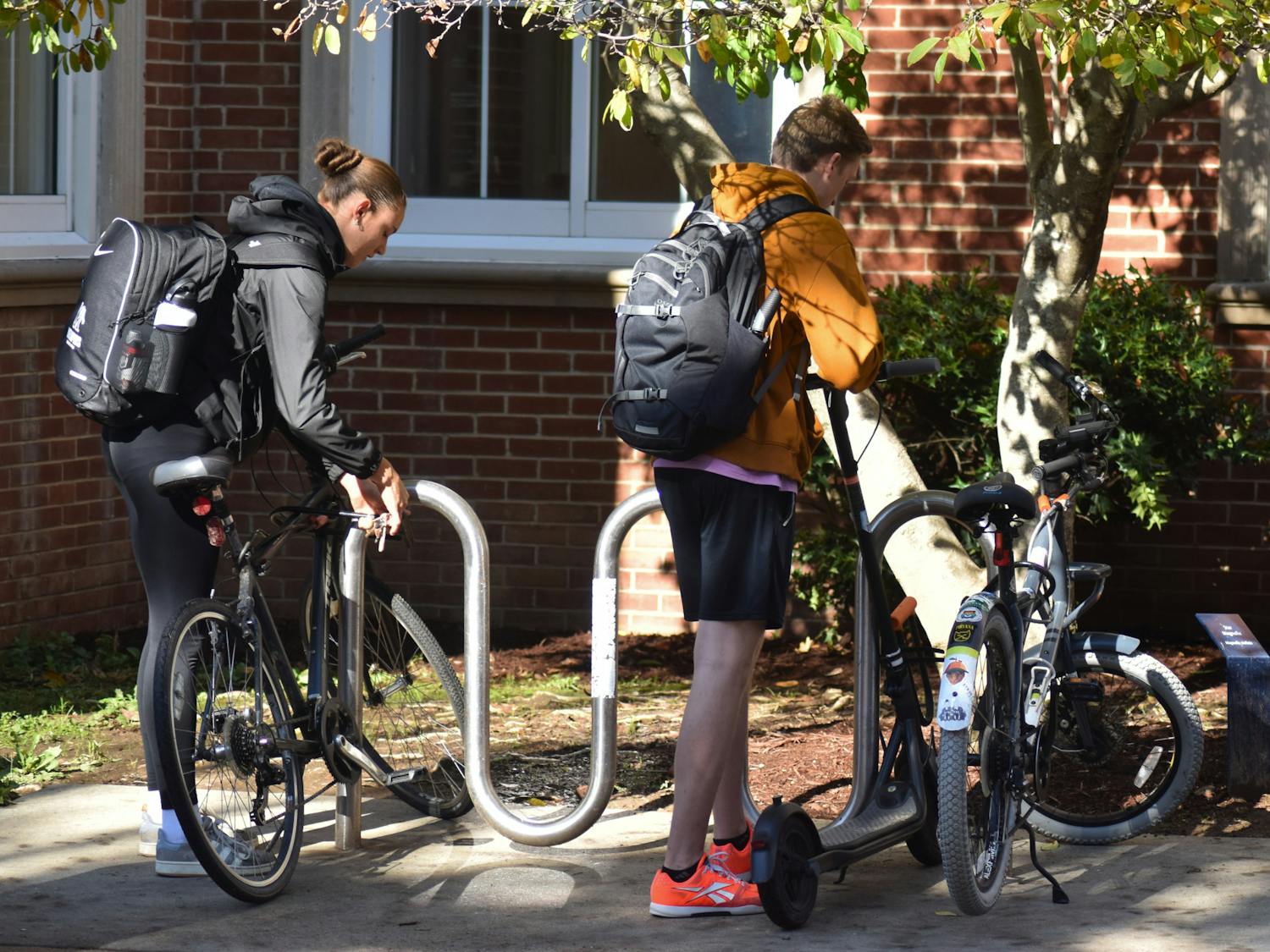
Darron Smith, a U of M professor, investigated police brutality as a part of his project. This project, funded by the university, will be sent to Memphis police director Michael Rallings.
The University of Memphis sociology department plans to fund $12,000 for a proposed research project on Memphis police.
The project focuses on finding biometric indicators that reveal whether or not officers are carrying excessive amounts of stress on the job.
This research proposal is led by Darron Smith, principal investigator and adjunct faculty member at the U of M. The project is in partnership with Harvard University, which will help provide and hold data analysis.
“This study is not necessarily about police brutality,†Smith said. “It’s more so about determining the health and well-being of officers.â€
Smith said cops who know how to manage their stress will be less reactive and much more effective at policing.
“Unfortunately, there’s been a lot of police shootings involving blacks,†Smith said. “Now, this doesn’t mean that all police officers are bad and hate black people. It does, however, mean that there’s an inordinate amount of racial tension.â€
Smith’s research project aims to figure out possible causes of the racial divide amongst police.
The findings will be achieved through a number of surveys and implicit bias tests that will be used to measure 200 random policemen’s unconscious thoughts toward a number of variables including certain ages, races, genders and other demographics. Officers’ stress responses will also be provoked by watching images and videos that involve shootings.
“What we’re trying to see is whose stress levels spike and go down the quickest between black and white officers,†Smith said. “The study will also indicate if an officer has a preference towards whites.â€
Smith’s research proposal aims to validate the need for institutional restructure within the Memphis Police Department. If it proves stress levels are high, Smith hopes Michael Rallings, director of police services for the Memphis Police Department, allows Smith and his research team to help train police on how to control their stress levels through a meditation method called “mindfulness.†They’ll then teach officers how to simply breathe and self-meditate.
“We want officers to learn how to turn it all off, so that they aren’t taking it home with them or in the patrol car or out into the community,†Smith said. “We don’t want to vilify the police; we actually need them. Therefore, we have to instead find a way to help police be less reactive and better at their jobs.â€
Smith has submitted his full project proposal to Rallings and hopes to hear back with a decision during the fall of 2016. If approved, he plans to publish his research findings in various criminology and sociology journals, so his colleagues can have access and possibly push the research even further.
“The University of Memphis has been very gracious with offering support,†Smith said. “I think that this study will serve for the good of the officers and the community.â€






